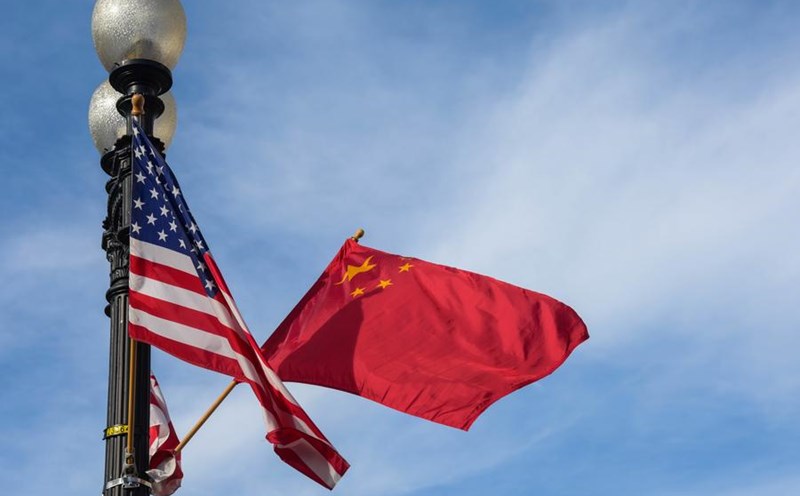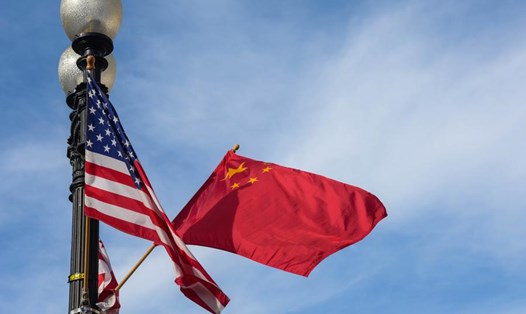On November 3, the China Central Disciplinary Inspection Commission (CCDI), the country's top anti-corruption agency, issued two separate statements announcing the exclusion of two former senior officials from the Communist Party. Both were accused of serious violations of discipline and the law.
These actions targeted Mr. Vuong Kien Quan - former Vice Chairman of the China Securities Commission (CSRC) and Mr. Tu Hien Binh - former Deputy Director of the National Development and Reform Commission (NDRC). The anti-corruption watchdog said both men were suspected of receiving bribes, with the cases described as "serious" and "bad effects".
Exiled from the Party is one of the heaviest penalties in the Chinese political system, often seen as the final step before the case is officially transferred to the judiciary for criminal prosecution and trial. This move shows that the anti-corruption campaign "fighting tigers and flies" initiated by General Secretary and President of China Xi Jinping is still continuing strongly.
Mr. Vuong Kien Quan's case has attracted special attention because it is directly related to the financial sector, one of the focuses of the anti-corruption campaign in the past 2 years.
CSRC is China's largest stock market monitor. Beijing has recently stepped up anti-corruption campaigns across the entire financial system, banking and large state-owned enterprises to clean up the market and mitigate system risks that could threaten economic stability. The "falling horse" of a former senior CSRC leader is considered a strong warning message to the entire industry.
Similarly, Mr. Tu Hien Binh's expel from the party is also symbolic. The NDRC, where he worked, is seen as the agency responsible for making macroeconomic plans and approving major investment projects across the country. This shows that the anti-corruption campaign does not leave a single field, including the most powerful policy-making agencies.
According to China's normal process, after being expelled from the Party, the illegal income of these two former officials will be confiscated. Their cases will be transferred to the prosecution agency for consideration of prosecution for bribery and other crimes. Both men face the possibility of receiving severe prison sentences if convicted by the court.
In the context of the Chinese economy facing many challenges, the anti-corruption campaign seems to be being strengthened to strengthen party discipline, eliminate financial risks and regain the trust of the public as well as investors.











